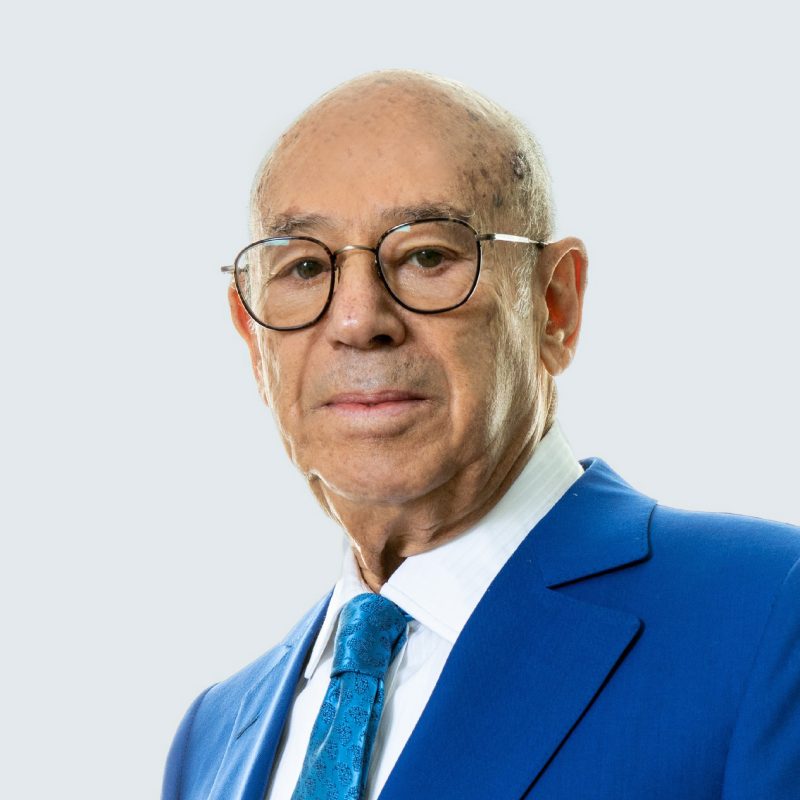Throughout history, the nature and efficacy of leadership have elicited multifaceted discussions across diverse cultural and philosophical landscapes. The Bahá’í Faith, an emerging global spiritual paradigm, offers profound insights that challenge conventional notions of leadership, particularly in addressing its failures. Such a holistic analysis opens a dialogue on the implications of leadership and the ethical considerations it entails, allowing for a transformative perspective on the responsibilities of those in authority.
The Bahá’í teachings emphasize that true leadership transcends mere authority. At its core, it embodies the principles of service, humility, and moral integrity. This shift from hierarchical dominance to collaborative stewardship aligns with the Bahá’í view of humanity’s collective journey toward a more just and united world. Understanding the failures of leadership, therefore, is not solely about identifying individuals or systemic shortcomings; instead, it also calls for a reevaluation of the values that underpin such authority.
One of the critical tenets in Bahá’í thought is the idea of unity in diversity. This principle speaks to the necessity for leaders to engage inclusively with their constituents. When leaders fail to embrace diverse perspectives, they diminish their capacity to address the needs of the communities they serve. In modern contexts, such failures are often evident in governance, where decisions made without comprehensive consultation lead to disillusionment and societal discord. The Bahá’í narrative insists that effective leadership must be participatory and reflective of the collective ethos, particularly in culturally varied societies.
The Bahá’í perspective also articulates the interplay between individual agency and collective responsibility, reminding leaders that their decisions carry unprecedented weight. Failures in leadership often arise from a misunderstanding of this dynamic. Leaders who view themselves as sovereign entities may neglect the importance of accountability, ethics, and the resultant impact of their actions. Bahá’í teachings champion a deep sense of responsibility towards society, advocating for leaders who perceive their roles as facilitators of societal welfare rather than mere power-brokers. Such a shift redefines leadership as a moral obligation rather than a position of privilege.
Furthermore, the Bahá’í Faith emphasizes the importance of education as a pivotal element in cultivating effective leaders. The notion that education extends beyond mere academic knowledge into moral and ethical realms is crucial. A leader’s inability to inspire or uplift is often a reflection of their own educational experiences. Leaders lacking in ethical grounding may perpetuate cycles of failure, particularly in situations requiring empathy and compassion. By espousing an educational framework that integrates spiritual and moral dimensions, the Bahá’í teachings strive to equip future leaders with the necessary tools to navigate the complexities of societal governance.
Moreover, Bahá’í insights on leadership underscore the role of vision in effective governance. The absence of a clear, elevating vision can precipitate the obsolescence of leadership. Leaders who operate without a compelling narrative or mission often succumb to reactive decision-making, leading to instability and dissatisfaction among those they lead. The Bahá’í writings articulate a vision of leadership steeped in principles of justice, equity, and the advancement of civilization, proposing that success in leadership is inherently tied to a leader’s ability to inspire and unify through a shared purpose. Such a vision minimizes the risk of failure and promotes resilience in the face of challenges.
In addition, the attribute of humility emerges as a foundational characteristic in the analysis of leadership failures. The Bahá’í Faith encourages leaders to foster an environment of mutual respect and openness, recognizing that wisdom can emanate from any member of the community. Kidding one’s ego, especially in contexts marked by power dynamics, is essential for creating a culture where ideas can flourish. Leaders who dominate discussions may inadvertently stifle innovation and inclusivity, resulting in a disconnection from the people they aim to serve. By adopting a posture of humility, leaders can cultivate a participatory space that acknowledges the valuable contributions of others.
Moreover, Bahá’í teachings propose a commitment to social justice as a catalyst for transformative leadership. Leaders who neglect issues of equity, justice, and fairness often alienate portions of the populace, culminating in societal fragmentation. The Bahá’í perspective asserts that genuine leadership necessitates a profound engagement with social issues, advocating for policies that promote the welfare of all individuals. This includes addressing systemic inequalities, ensuring that marginalized voices are heard, and advocating for the rights of all segments of society. Such commitment not only prevents leadership failures but also galvanizes collective action toward the common good.
The analysis of leadership failures within a Bahá’í context naturally leads us to reflect on the transformative potential of these teachings. By embracing the principles of service, accountability, education, vision, humility, and social justice, contemporary leaders can transcend the pitfalls of failure. It is imperative to recognize that the failure of leadership is not merely a reflection of individual shortcomings but rather an indication of societal structures that require reformation. The Bahá’í teachings propose that the reimagining of leadership be driven by these ethical and moral imperatives.
As we contemplate the failures of leadership through a Bahá’í lens, we are invited to engage in a broader discourse on the responsibilities of those who assume positions of influence. The potential for rekindling hope and inspiring change lies in understanding and addressing these failures with sincerity and commitment. The Bahá’í teachings provide not only a critique but also a roadmap for cultivating a future wherein leadership is synonymous with service, fostering a richer, more inclusive, and harmonious world.
